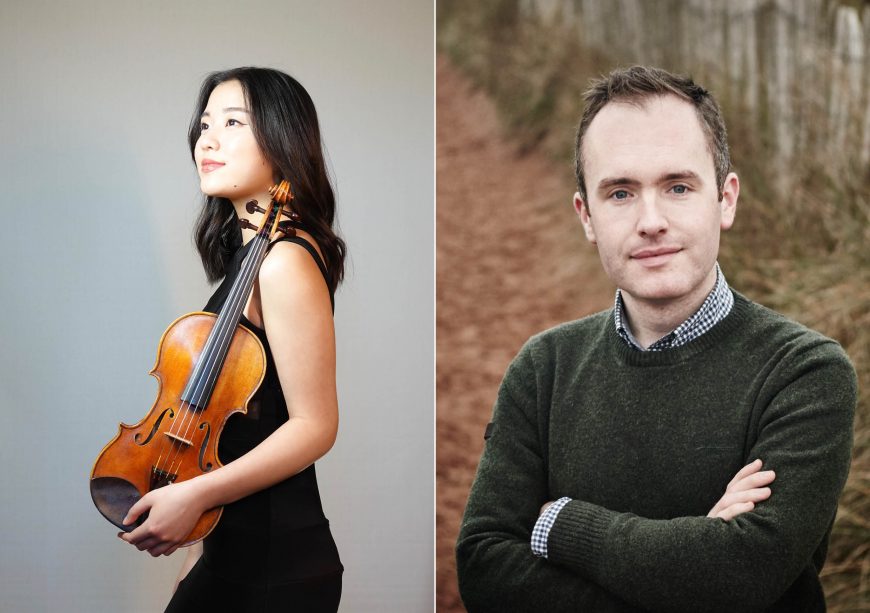
Ryedale Festival: Coco Tomita & Simon Callaghan, Duncombe Park, July 28
MORNING concerts are always a special treat at Ryedale and this one was no exception. Coco Tomita won the strings section of the BBC Young Musician competition last year and is still in her teens, but in her programme of Mozart, Tchaikovsky and Poulenc, she combined the enthusiasm of youth with a maturity well beyond her years. Simon Callaghan was her ardent piano partner; they were well matched.
Callaghan’s staccato piano in the opening movement of Mozart’s F major Violin Sonata, K.376 underlined Tomita’s rhythmic zest, which she tempered in the unusually restrained development section.
She did not hog the spotlight either in the Andante, content to accompany when needed. The pair were well attuned to Mozart’s wit in the finale, with its rapidly changing colours and false endings.
Tchaikovsky’s Souvenir d’un Lieu Cher, which was inspired by Brailovo, the estate of his patroness Nadezhda von Meck, marked a complete change of mood. Its opening Méditation, in D minor, has a melody that Callaghan enunciated boldly in the extended piano prologue, before Coco mined its pathos to the full, with some notably sweet tone at the top of the range.
The moto perpetuo Scherzo, also in the minor, was balanced with a smooth major-key Trio, before the famous salon-style tune in the closing Mélodie – closely related to several Elgar pieces in similar style – was given tasteful treatment. Here the duo could have afforded to be a little more expansive.
Poulenc had notorious difficulties in composing his Violin Sonata, discarding two attempts before settling on this one from 1943. It has – for him – a deeply romantic melody in the opening Allegro Con Fuoco, in which Coco was suitably soulful, but there was little she could do about the later nervy passages that cast it adrift.
The low-lying Intermezzo found her developing a lovely line and an intriguing dialogue with the piano. The will-o’-the-wisp finale was pure Poulenc, with the two instruments chasing each other in and around several changes in tempo.
Their Debussy encore was equally stylish. This is a duo that seems bound to endure – and Coco is set fair to be another young performer who needs only a single name.
Review by Martin Dreyer
